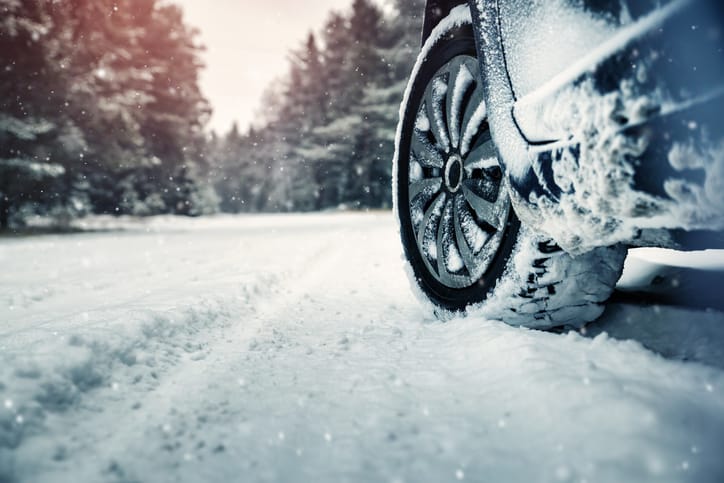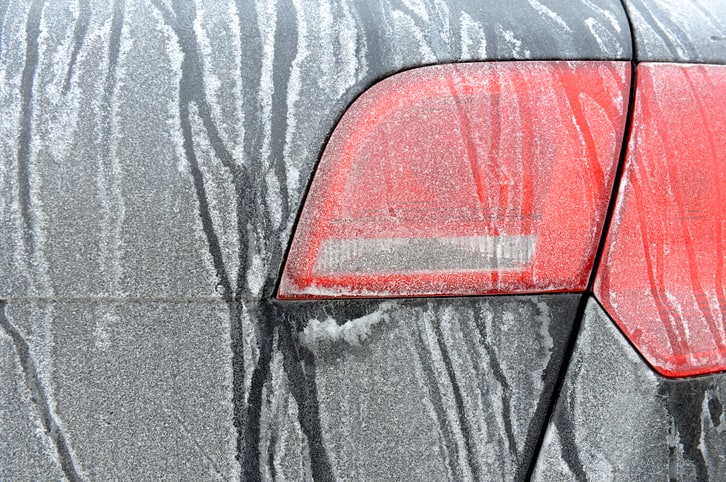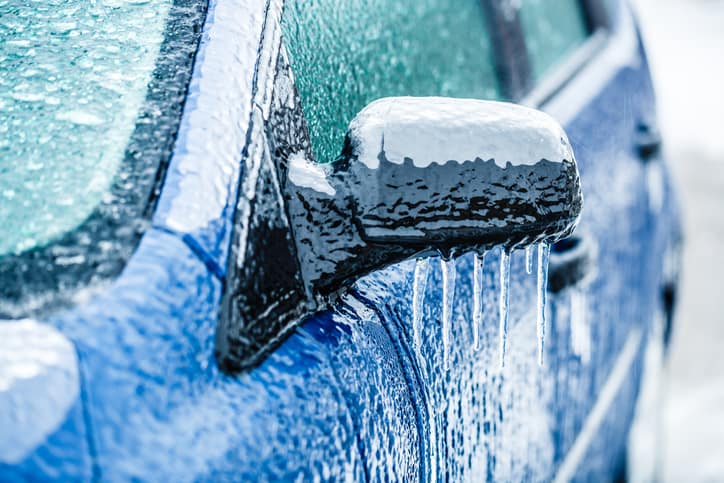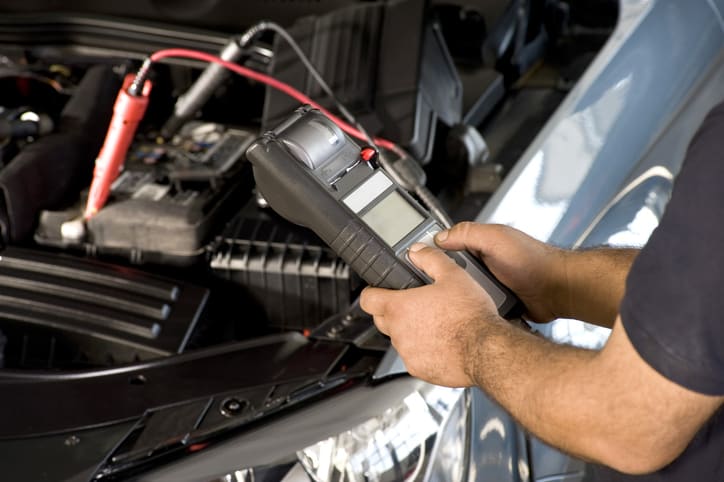How to Avoid Car Damage This Winter
Sudden snowfalls, flash freezes, less daylight, these are usually the main hazards we associate with driving in the winter, particularly in Ontario. Colder conditions, however, can do much more subtle damage to your automobile, making it unsightly at best and dangerous to drive at worst.
At North York Auto Glass, we see all kinds of interior and exterior damage during the colder months, ranging from cracked windshields to damaged side view mirrors.
Whether you tackle major highway driving all-year-round or retire your vehicle to the garage for the season, colder temperatures can damage your vehicle in a variety of ways. Here are some common hazards and tips for avoiding them.
Be wary of sand and salt
To combat Ontario’s frequent snowfalls and icy road conditions, certain regions will usually employ salt or sand trucks throughout the winter. Salt and sand help lessen icy build up and give the roads much-needed traction, but they can also be a nightmare when it comes to car maintenance.
Salt, for example, is actually a corrosive, causing rust and even a breakdown of material over time. This means that the undercarriage of your car – which is the surface that gets the most exposure to salt-covered pavement or salty slush – is at risk for breakdown. Your automobile’s brakes, exhaust and muffler system are all fair game when it comes to corrosion and damage, particularly as your car sits in the garage overnight and the salt has time to really soak in.
Sand, while not a corrosive, isn’t much better. Grains of sand can spray upwards and damage the finish on your car, while larger pieces of sediment have been known to chip or crack windshields and mirrors. This is a major concern for many of our clients at North York Auto Glass.
Keep damage to a minimum by waxing your car before the winter, which helps protect the finish. And if you’re the kind of driver who neglects the car wash until the spring, you might want to rethink that. Frequent visits to the car wash – particularly one that serviced your car’s undercarriage – will help keep the salt residue to a minimum.
Watch out for freezing
Unfortunately, cold weather itself can do a number on your vehicle, even if you manage to avoid salt and sand.
For starters, any rubber pieces on your automobile – think windshield wipers, hoses, the trim around your car’s doors and other mechanical components – can stiffen or freeze. This makes those components much more vulnerable to:
- cracking
- breaking
- tearing
This is an annoyance but could also be a safety hazard.
Both the rubber and the metal parts of your car – meaning the majority of it – can be vulnerable to cracks during low temperatures. The real problem occurs when moisture gets into those cracks and freezes, which causes them to expand and multiplies the damage. At North York Auto Glass, this is one of the most common causes of windshield damage we see during the colder months.
To some extent, wear and tear like this unavoidable. You can, however, lessen the chances of it causing major damage by having your car thoroughly inspected before winter starts, and periodically throughout the season if necessary, especially if you notice early signs of wear and tear.
Check your battery
Another consequence of colder weather is that it lessens the capacity of acid batteries. Combined with the increased battery use that winter driving requires – think high-beams, windshield wipers and all that extra heating – and your poor batteries are under a lot of strain during the colder months. The strain makes them far more likely to malfunction or even fail.
You might notice this after leaving your automobile inactive for a lengthy period of time. Sometimes people do this to lessen the impact of harsh winter driving conditions, but the truth is that even leaving your car in the garage for the season can have a damaging impact. If you travel to warmer climates during the winter and leave your car unattended, you’ll want to pay special attention to your battery life when you get back.
To avoid unexpected battery failure, test out your car for a few blocks before taking it longer distances, particularly if you haven’t driven it in a while.
Regular maintenance and mechanical checkups can be a great way to keep your vehicle safe and functional throughout the winter. Despite your best intentions, however, mistakes happen! The good news? We have you covered. Contact North York Auto Glass today if you damage any of your auto glass this winter.




